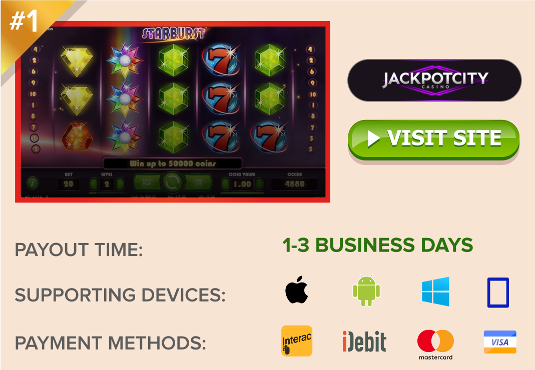Parlay Your Winnings with the Omega II Count
Intermediate Card Counting: Mastering the Omega II System

Blackjack players who seek greater refinement in their approach to card counting than made possible by the basic “Hi-Lo Count” may wish to delve into “Omega II”, a two-level system developed by Bryce Carlson and first introduced in his book “Blackjack for Blood” (2001). When correctly applied, it is claimed to provide a betting efficiency of up to 99%.
Fortunately, Omega II has the advantage of seeming familiar. It is a balanced system, based upon a starting Count of zero, which assigns positive values to low cards and negative values to high ones. But there are significant differences in how Aces are treated and fewer cards can be ignored.
A New Way to Count
For Omega II, the cards 2, 3 and 7 are worth +1 point apiece each time they are removed from the deck. The cards 4, 5 and 6 count as +2 points. Nines receive a value of -1 point. Every K, Q, J and 10 is worth -2 points. Eights and Aces have no value (0 points). Note that the total value of all 52 cards in a deck is exactly zero, just as it is in most other card counting systems.

Once this method of counting has been committed to memory and mastered, the player should begin to keep a side count of Aces that have been played. Tracking them can most easily be accomplished by starting with the total number of Aces (four per deck) and subtracting one each time an Ace is played.
It is impossible to over-emphasize the importance of the Aces side count. Although Aces sustain a value of zero and do not affect the running Count, a deck rich in Aces increases the probability of receiving a natural blackjack (21). A player using only the running Count to determine wagering will be playing with a betting efficiency of just 92%. It is the application of the side count that takes the betting correlation up to 99%.
Applying the Omega II System
As with all card counting systems, the object here is to increase wagering when the deck is favorable and decrease it when the cards favor the House. When playing a single-deck game, it requires betting more when the running Count is positive, and backing off when it is negative; as long as the ratio of Aces remaining in the deck is at least 1:13 or higher. Playing against multiple decks, of course, will require some modifications.
A common strategy for betting with the Omega II count against an eight-deck shoe is a betting range of one to four units. A single-unit wager is necessary when the running count is +1 or less. A two-unit wager applies when the Count is between +2 and +5. Increase to a three-unit bet when the running count is between +6 and +9. Above that, consider wagering whatever maximum the player’s bankroll and betting spread will allow, typically four units, as long as the Ace ratio remains at 1:13 or higher. But when the Ace ratio falls below 1:13, more conservative betting should apply.
And figuring out the ratio is not as difficult as it might seem. For the eight-deck games played in most casinos, the player starts the Ace count at 32 and should expect to see one Ace at the start of each deal when six players are facing the dealer (i.e., 13 cards dealt face up). Again, noting whether the ratio of Aces remaining in the deck is high or low allows the aggressiveness of wagering to be varied accordingly.
 Jackpotcity.com is our editorial pick for your gaming needs. Currently offering an entire suite of casino games, as well as a wide range of Canadian deposit options, JackPotCity truly offers world-class gaming.
Jackpotcity.com is our editorial pick for your gaming needs. Currently offering an entire suite of casino games, as well as a wide range of Canadian deposit options, JackPotCity truly offers world-class gaming.





